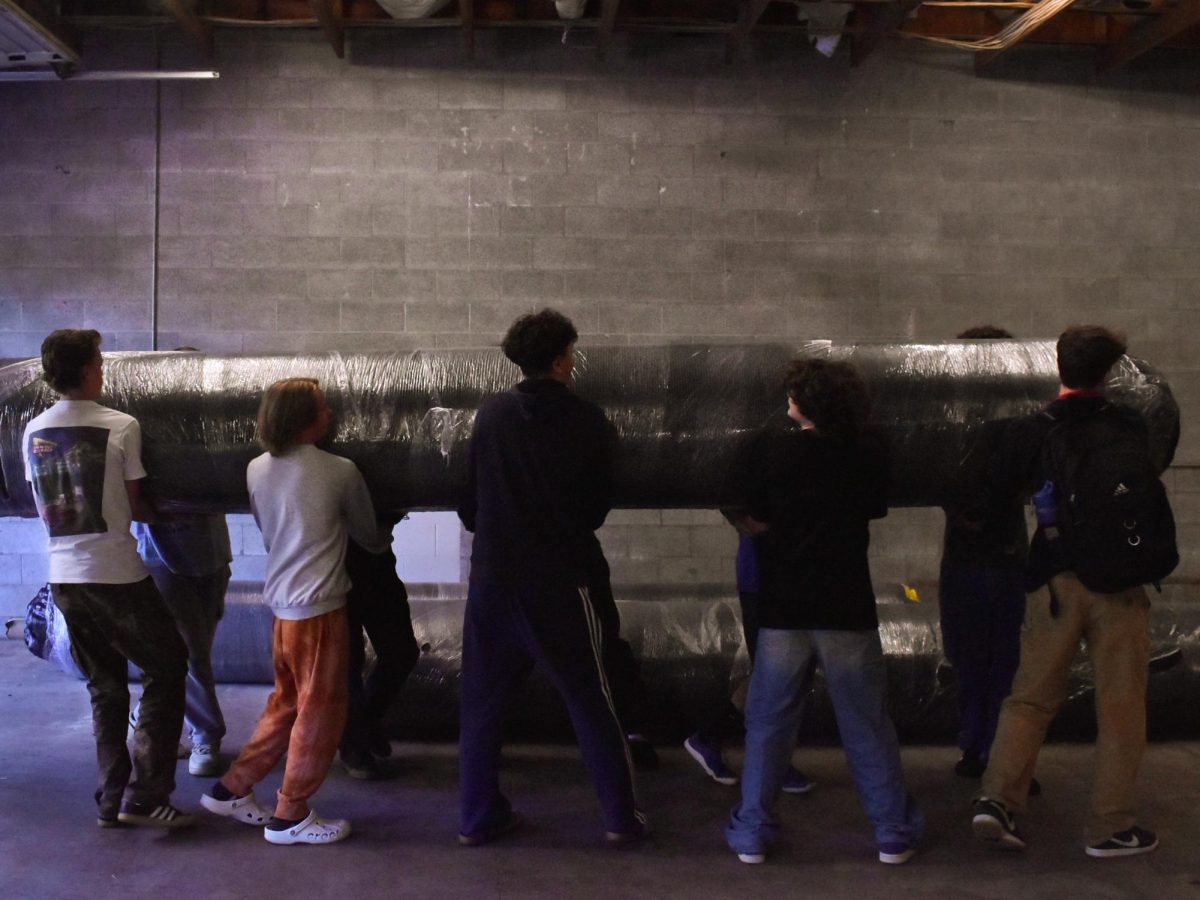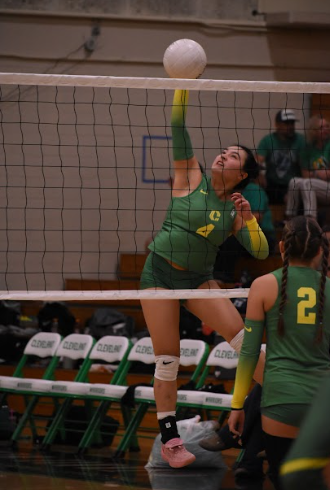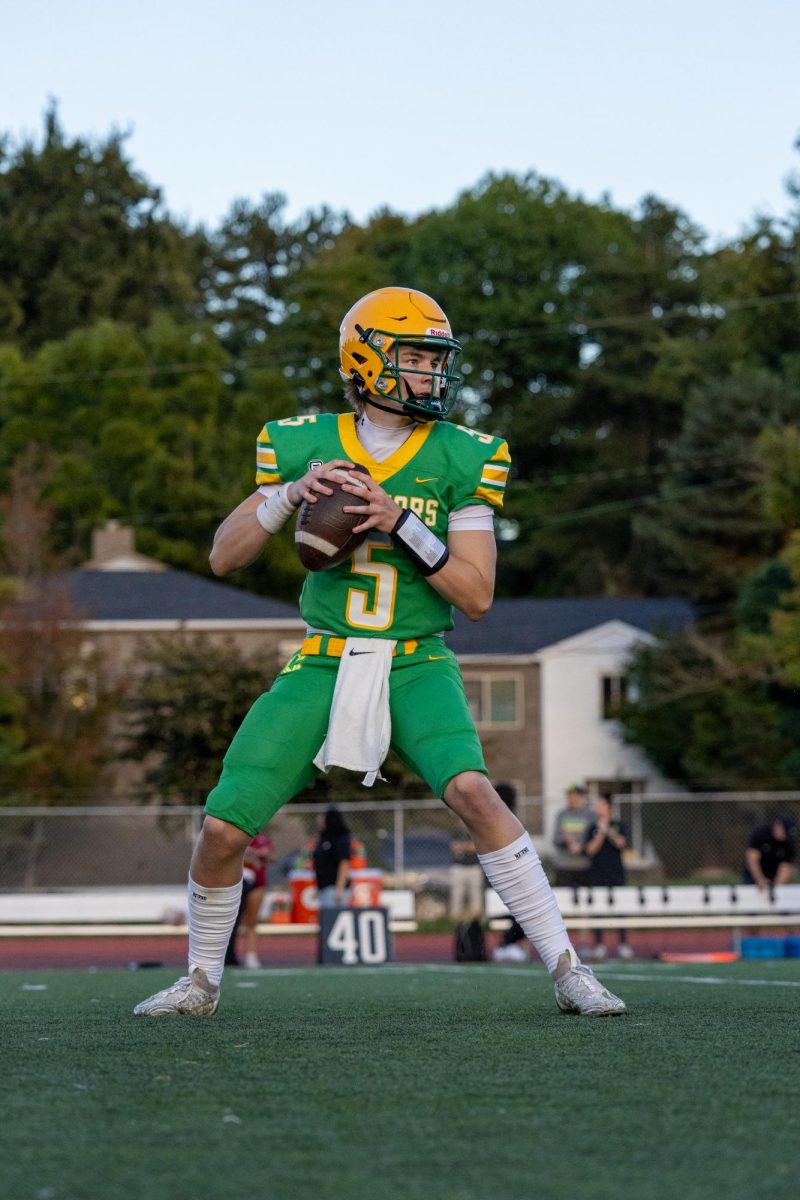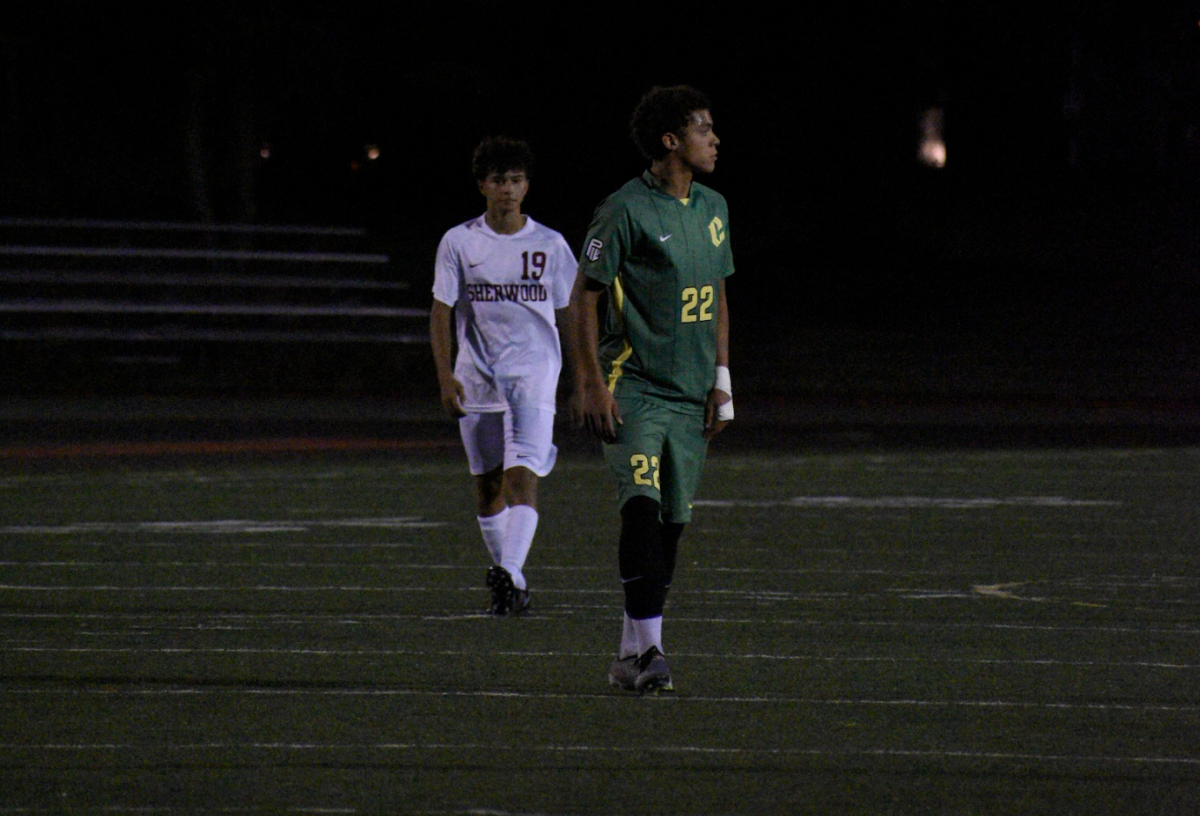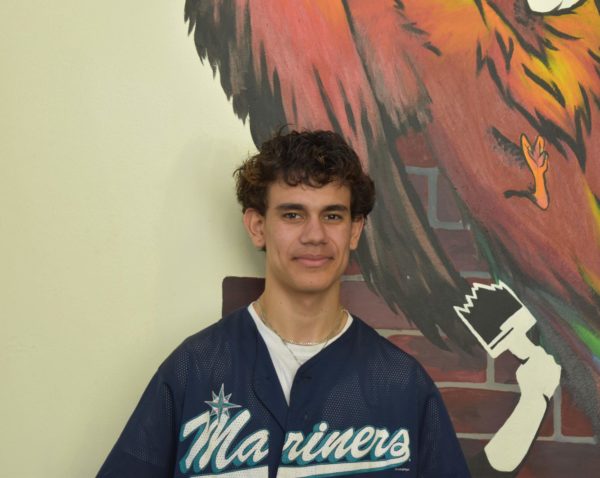“Representation matters.” For J.D. Elquist, that driving principle applies at the global, local, individual, and spiritual levels.
As an Alaskan Native, Elquist values representation and imparts this principle to local indigenous youth through the Native-created sport of lacrosse.
Elquist founded Pacific Northwest Native Lacrosse in response to a lack of opportunities for Native youth and representation in the sport. His organization arranges free camps, clinics, and travel teams for Native players throughout the Pacific Northwest and parts of Canada.
“One of the most important things for native communities in the modern world is sovereignty,” Elquist says. “We ourselves are our own people. Representation matters.”
With lacrosse due to return to the Olympics in the summer of 2028, there has been much debate over who should be allowed to represent their nation globally in lacrosse. The Haudenosaunee, originators of the game, have had their own national team since 1983. Despite being ranked third globally by World Lacrosse — the sport’s international governing body — the team has yet to be recognized by the International Olympic Committee and may not be allowed to participate.
Many believe they should be there in Los Angeles. President Joe Biden has expressed his support. Elquist also believes it’s vital that the Haudenosaunee Nationals compete.
Should the Haudenosaunee participate, the Olympics would serve as an amazing opportunity to highlight both the origins and the spiritual components of what its inventors call “the medicine game” to all — something Elquist would love to see.
“The medicine of lacrosse works on non indigenous people, too,” Elquist says. “We want to proudly proclaim that we belong to this game and that this game belongs to us without excluding other people who want to play. Lacrosse is for everybody, but if you love it, you have to understand where it truly comes from.”
Elquist also recognizes the importance of positive representation, something his organization strives to embody. At the local level, teaching the cultural and spiritual practices that make the game so important is a part of Elquist’s mission that extends beyond Native communities.
“It’s not enough to be Native kids playing this game,” Elquist said. “We need to represent our culture. This club exists to help us step back into who we are. This is about being who we are as people. We play our music and bring our cultural and spiritual practices back into the game. Lacrosse comes second.”
Lacrosse hasn’t always had its current reputation as an elite prep school sport. Its originators believe the sport was given by and is played for the Creator.
“The game is very special to us,” says Little Eagle Horn of the Lakota and Cowichan tribes, “It’s always there for us.”
As a standout player for both Grant High School in Portland and the Pacific Northwest Native Lacrosse travel team, Horn recognizes the importance of positive representation for his community. He stresses that Native lacrosse players are playing to entertain the Creator and, therefore, are responsible for keeping the game friendly and clean, as well as trying to honor the cultural and spiritual traditions of the medicine game.
“It’s important to play with a good mind and a good spirit,” Horn says.
Elquist furthered this point, stating, “The biggest strength of our players is why we play the game of lacrosse,” Elquist said, “It’s not about wins and losses, it’s about culture. The thing that drives us is deep. It’s borderline spiritual.”
When playing for Grant, Horn stands out not only for his stick work, passing, and scoring on the attack but also as the only Native player on his team and often on the entire field.
“Most of the kids you see around lacrosse are not Native,” says Horn. “That’s not a bad thing. It’s just a lot of Native kids don’t have the funding. It’s become a very expensive sport.”
Horn said that in the Metro League, which Grant Lacrosse plays in, he knows of less than a handful of Native players, including himself. Only 0.5 percent of the student population of Portland Public Schools is American Indian or Alaska Native, the least common category of ethnicity districtwide.
While Pacific Northwest Native Lacrosse may focus on cultural awareness and representation through Lacrosse, they also succeed in the wins and losses column. So far, they have entered two tournaments and reached the championship game in both. The team plays a free-flowing and creative brand of lacrosse that is as fun to watch as it is effective.
“It requires a pretty high level of lacrosse IQ,” Elquist said, “but we have a group of players who love the game, and we can trust them just to go out there and play.”
J.D. Elquist and Pacific Northwest Native Lacrosse are seeing success both on and off the field. Bringing together Native youth from all around the Pacific Northwest, Six Nations, and parts of Canada as ambassadors for their community, culture, and sport — at a time when issues of Native representation in the medicine game have come to the forefront.



